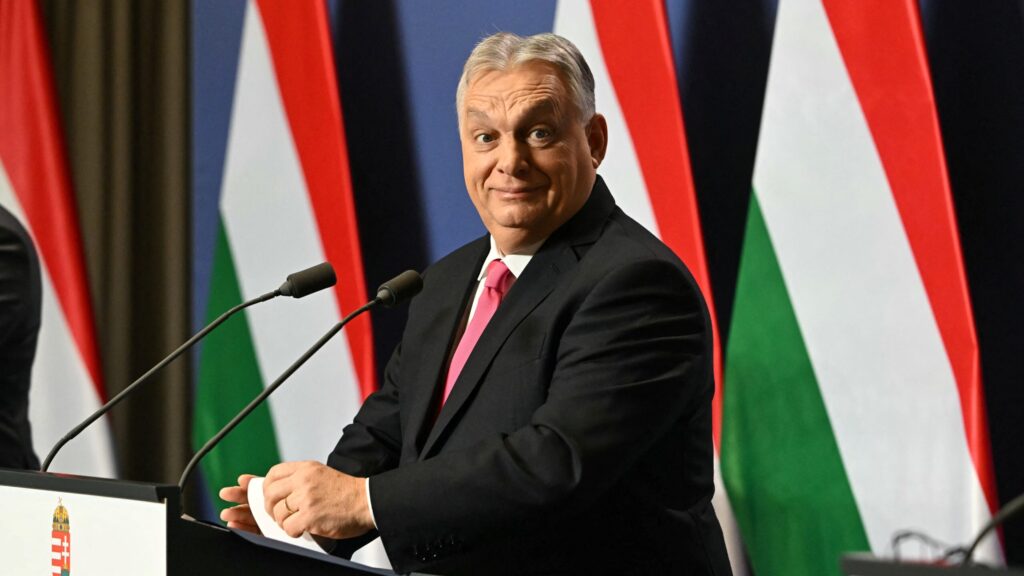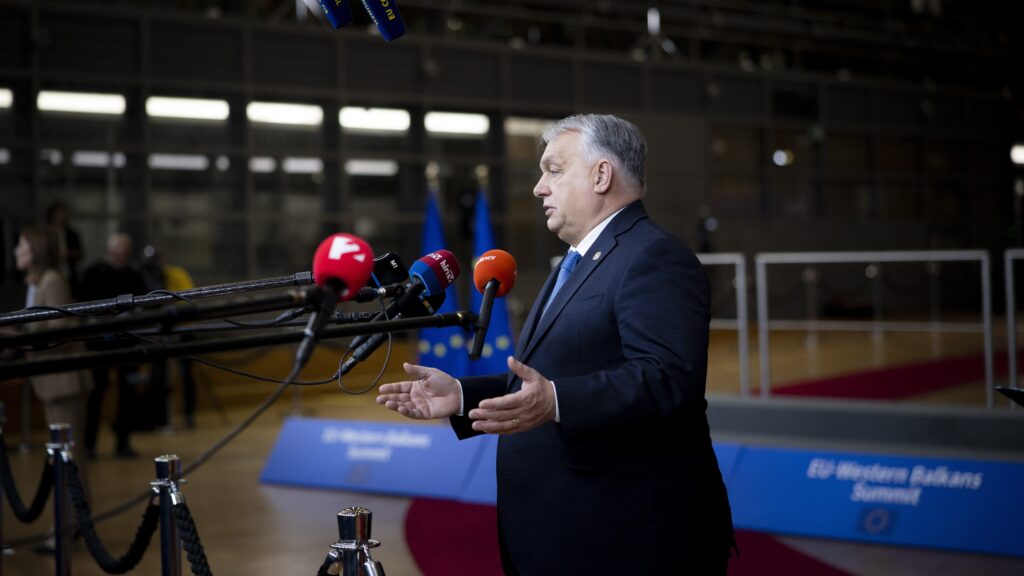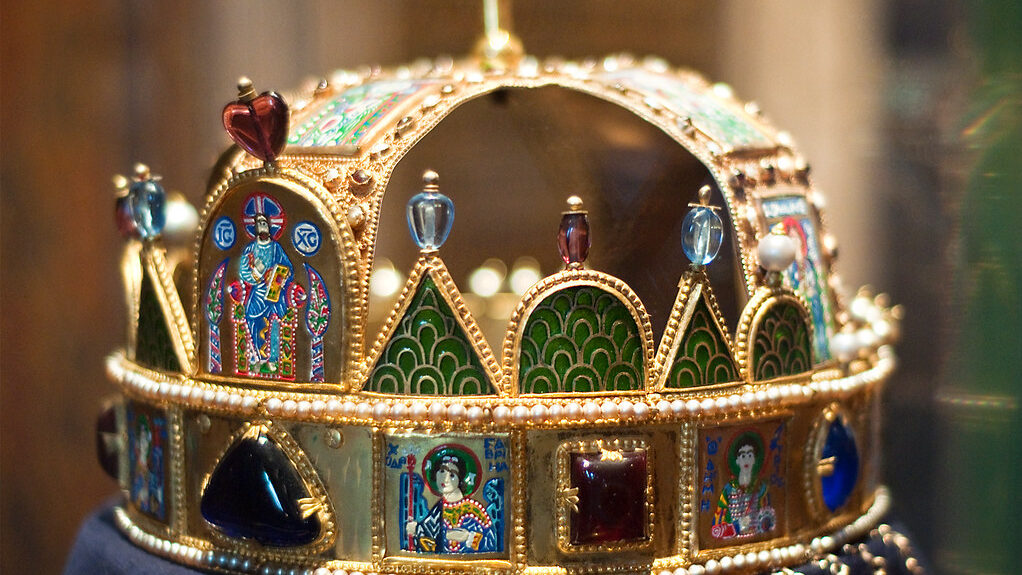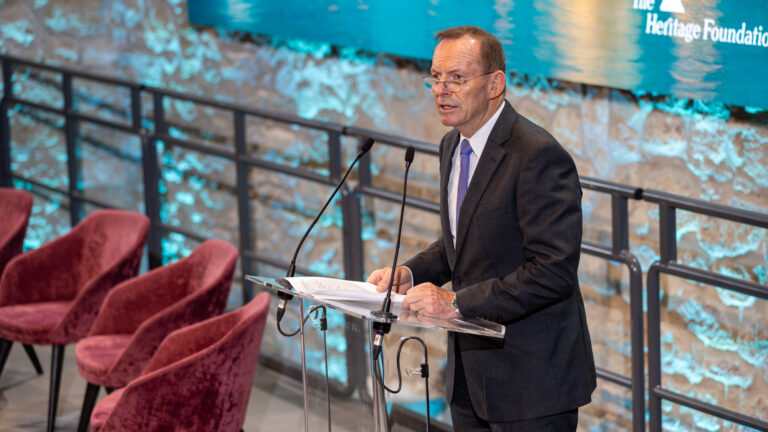Eva Vlaardingerbroek is a Dutch political commentator, activist, and prominent voice of Europe’s emerging conservative generation. Known for her outspoken critiques of mass migration and her advocacy of remigration as the only realistic path to reversing Western Europe’s demographic decline, she has become one of the leading figures of Generation Remigration. She joined Hungarian Conservative at an event organized by the Center for Fundamental Rights in Budapest to discuss the urgent need to close Europe’s borders, the potential for remigration to unite conservatives across the continent, and the example set by Hungary and other Eastern European nations in resisting the consequences of unchecked migration.
***
As the title of this event suggests, one bad decision is enough to set a country on a downward slope in the context of mass migration. Your homeland, the Netherlands—like much of Western Europe—has made a series of bad decisions in this regard. How many good decisions would be needed to reverse the current trajectory?
Many—too many to count in a way. However, saying that, there’s only one decision that needs to be made, and it needs to be made consecutively in every single European country that has had mass immigration: remigration. So even though I say there need to be many steps, it’s really only about one idea. We’re very far away from that idea, in the sense that there is no political will in Northwestern Europe to start remigration on the scale that is necessary to reverse this. But I do think that when we look at the population of Europe, support for this idea is growing rapidly. So that could mean change.
Now, we both know that we live in a post-democratic society, where it doesn’t necessarily mean that if the people want something, it actually happens. We still have to deal with all these bureaucrats—unelected bureaucrats, even—who would need to implement remigration, but they haven’t even closed the borders yet. The first step would be to close the borders; then we can start remigration. And even that first step hasn’t happened. The problem is, even though we can always start remigration, the job ahead of us is getting bigger every day. In that sense, the likelihood of it succeeding is diminishing daily.
You are one of the most influential figures of the so-called Generation Remigration, which has been trending across social media. Do you believe this could evolve into a genuine political movement?
Yes, I believe so, because it has the potential to unite Europeans on the right in a way we are almost never united. Obviously, European conservatives have their own national identities and are difficult to unite—which is a good thing, because we stand for our own countries first. However, in this particular case, we can have one united goal, and the application of remigration can be something that we share.
‘There’s only one decision that needs to be made, and it needs to be made consecutively in every single European country that has had mass immigration: remigration’
If we build the framework for this, it must ideally take place on a European scale. We cannot allow people to simply move to another country, avoid remigration there, and then return whenever they wish—as is possible now. That is why I see this as both a hopeful and concrete plan for the right. It is something we should all stand behind, work toward, and relentlessly pressure our political elites to pursue.
The negative consequences of mass migration have mainly affected Western, Northern, and Southern European countries, while Eastern Europe has been far less impacted. What role should Eastern European nations play in all that?
Perhaps the word affected is too soft. It’s not that you haven’t been affected; it’s that your leadership acted decisively and prevented your countries from suffering the consequences. You pay a high price for that. Here in Hungary, you pay a million euros every day to protect your borders. The fact that you have to do that is absolutely insane.
But the example you’re setting, even for tourists, is already of vital importance. It’s crucial that people like me, from my generation and younger, who have never known the true Europe—because we never had the chance to grow up in the Europe of our parents and grandparents—can still go to a place and say: whoa, is this what it was like even in our cities, even in our countries? And was it that way only 30 or 50 years ago? That’s incredible. So you set an example by being. Just keep it that way.
Related articles:







